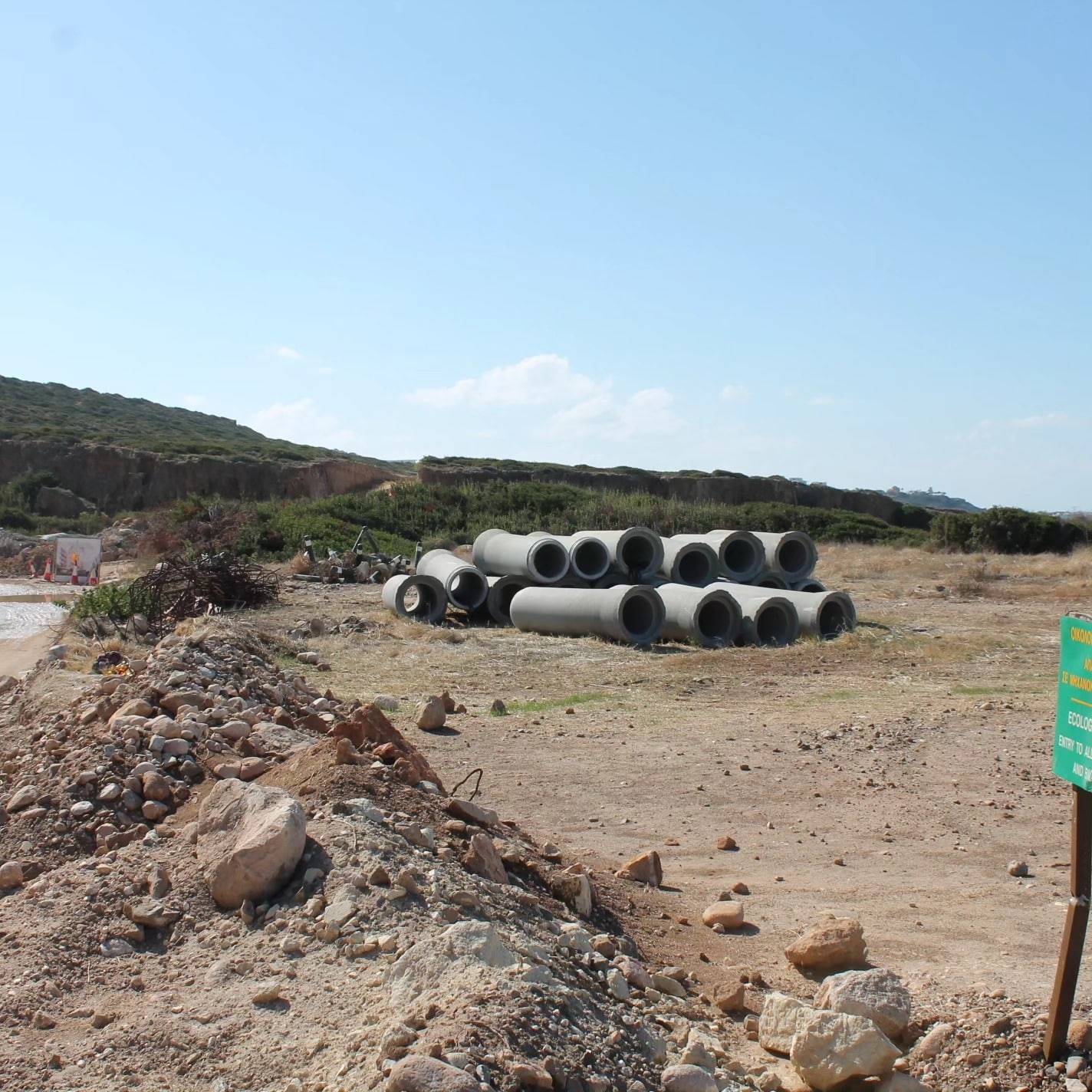Although feeling duty-bound to pay lip service to the protection of the environment, Cyprus governments have traditionally shown scant regard for this. They routinely ignore the regulations and laws they have passed, admittedly under pressure from Brussels, to satisfy local communities, developers and interest groups. Securing votes invariably outweighs a reprimand or infringement procedures by the European Commission for government failing to honour its commitments. Cyprus has been referred to the European Court for inadequate protection of the Natura 2000 sites.
All governments have fallen foul of the Commission for the failure to protect the environment, the latest example being the road works undertaken in the Akamas where forestry department officials gave instructions for the building of a road that had nothing to do with the agreed specifications. There have been two investigations to establish why the officials acted arbitrarily, but these have been kept under wraps while a third is now underway and is not expected to be completed before May. Was it so difficult for two investigations to establish who had given orders to violate the specifications for the road works that a third is needed?
In its March report the Commission urged the government to proceed with the evaluations of projects that could affect areas in the Natura 2000 network. It noted that the practice of approving economic activities in a way that was incompatible with the directive for natural habitats continued systematically. The Commission reminded that according to the directive, any works that could have important consequences for Natura 2000 areas must be subjected to impact studies before their approval. Although the Commission had sent a warning letter to Cyprus in 2019, it is still receiving reports from citizens about the approval of new works.
This could hardly be described as surprising. It is not just government that disregards the EU directives, but also the technocrats, who often turn a blind eye to blatant violations. Nobody in the state machinery could be trusted to ensure compliance with EU directives on the protection of natural habitats. Cyprus has designated 37 sites as Special Areas of Conservation, but no conservation measures have been established for 28 of these.
The agriculture ministry was quick to respond to the Commission’s March report, stating that for the first time, “inter-departmental working groups were set up at the ministry with specific timeframes for the completion of the framework for the administration of the areas of the Natura 2000 network.” This was aimed at the completion of the legal framework governing Natura 2000 areas, it said. The ministry was in regular contact with the EU “so that all the necessary measures for improvement of the procedures and achievement of full compliance with the provisions of the directive,” it added.
Even when this is done in one, two or three years, it is no assurance there would be compliance with the directive, because the political will to protect the environment in general, not just Natura 2000 sites, does not exist. The politicians who have the power to end this problem, unfortunately, are the main cause of it.







Click here to change your cookie preferences